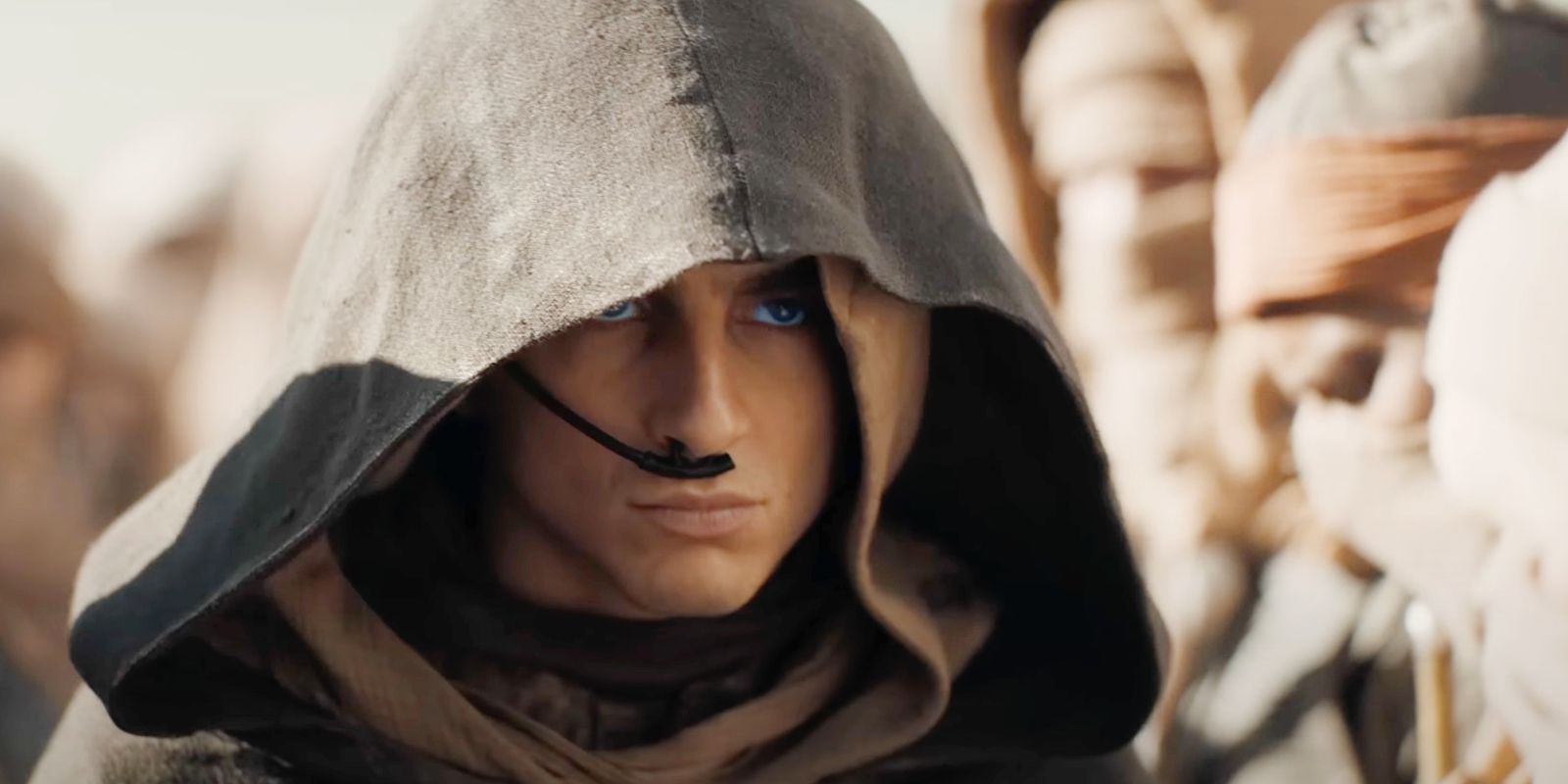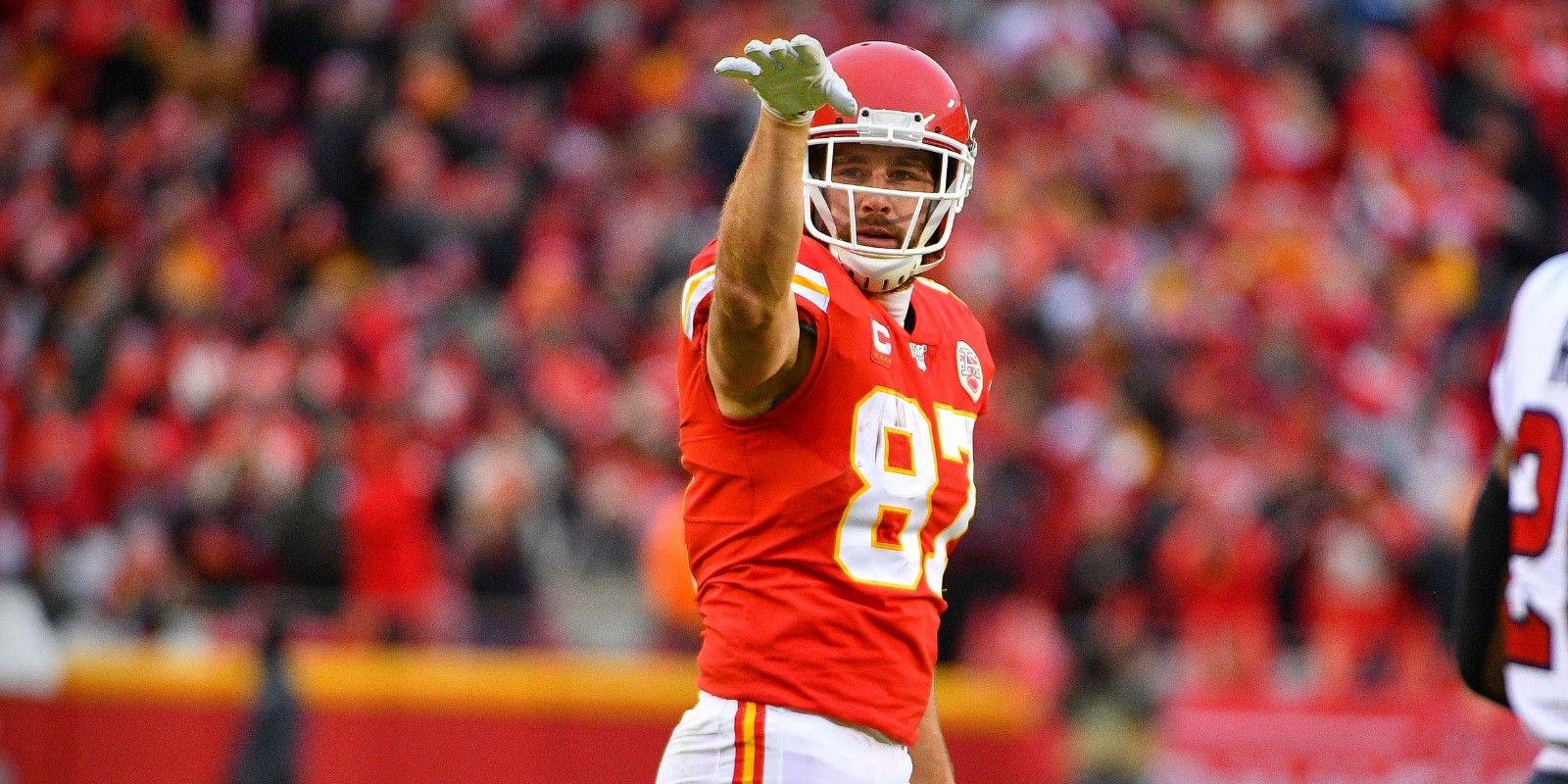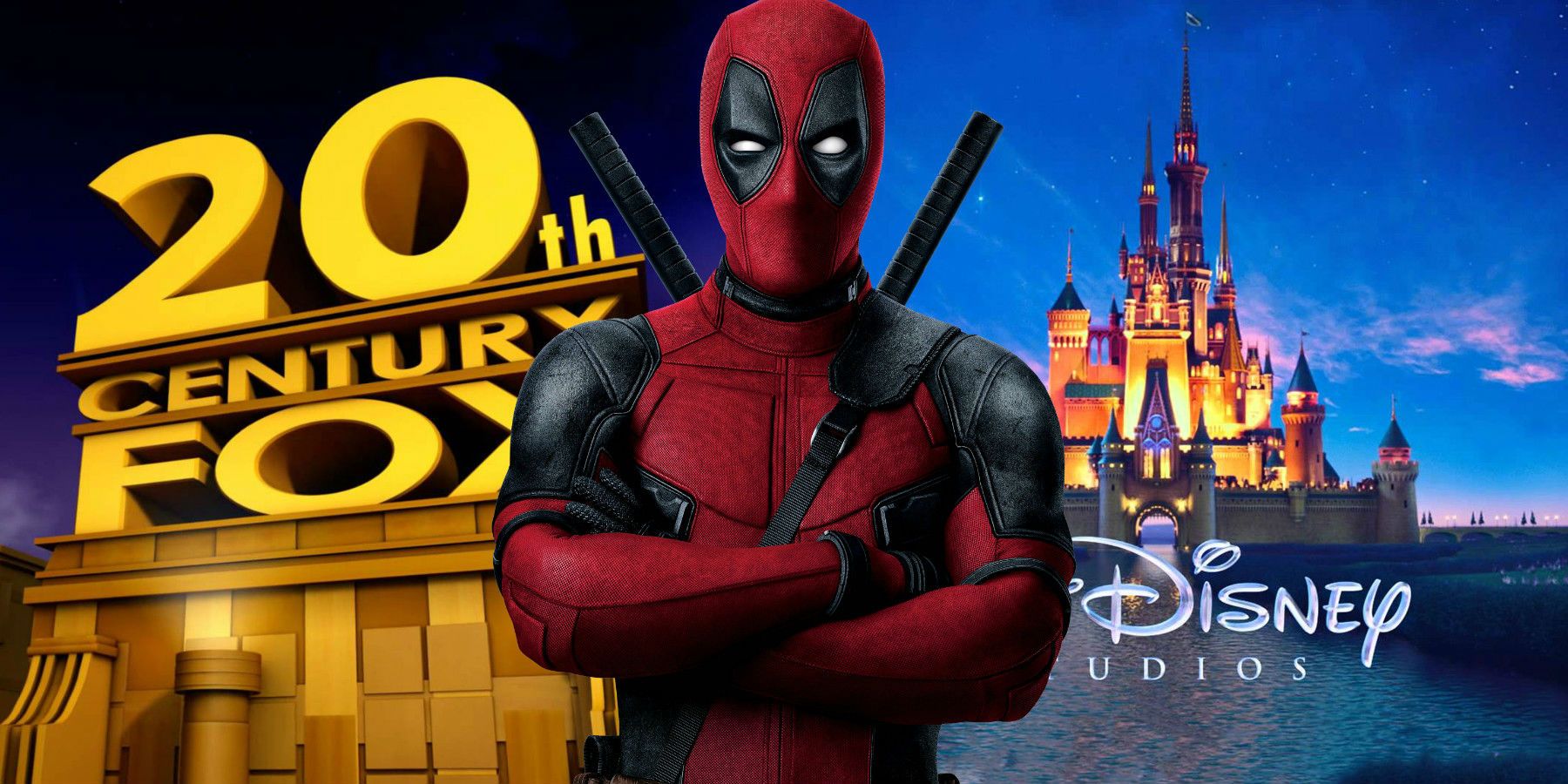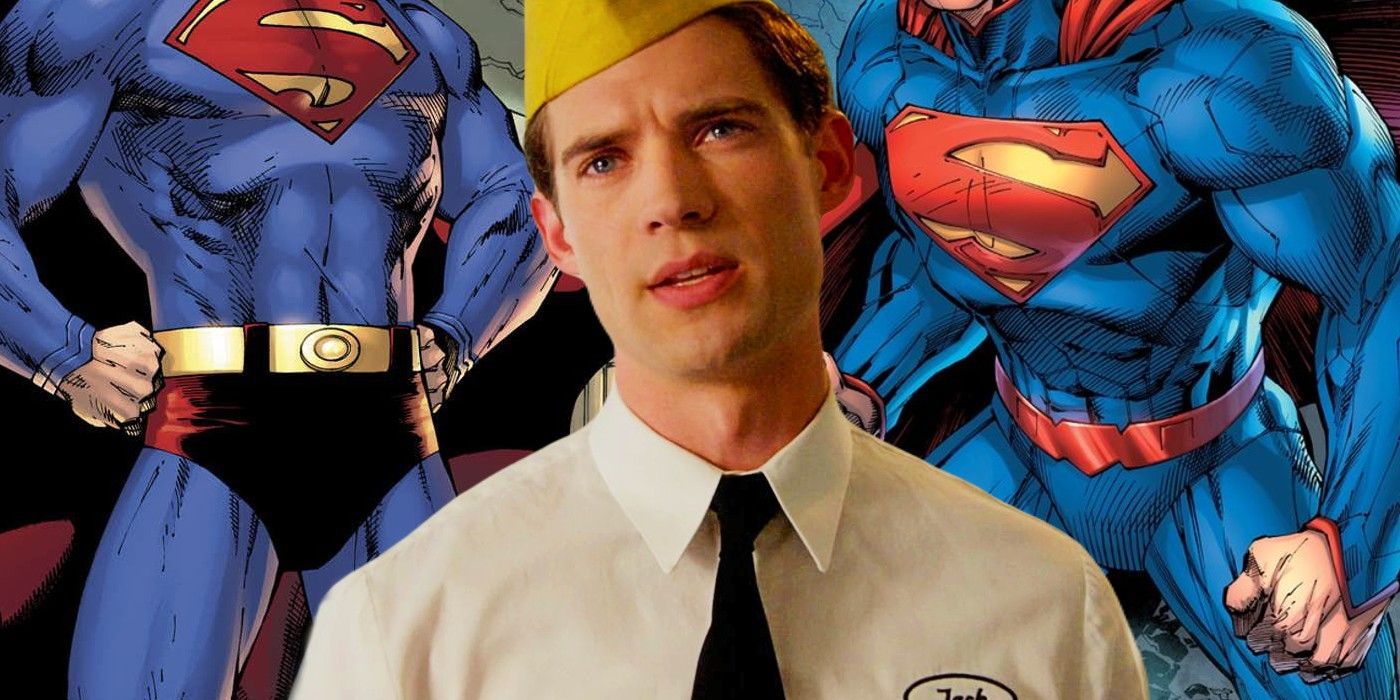Summary
- Warner Bros. and Paramount are reportedly considering a merger, joining the wave of consolidation in Hollywood. This would lead to significant changes in the entertainment industry.
- The merger could result in the consolidation of their streaming services, Max and Paramount+.
- The merger could impact the theatrical movie industry, causing a reevaluation of future releases and strategies. It’s uncertain how extensive the impact would be, but some movies may be scrapped or put on hold.
Seemingly, almost every major production company in Hollywood has either gone through with a merger or contemplated it, and Warner Bros. and Paramount are reportedly the latest studios to consider amalgamating. Multiple sources claim that negotiations between Warner Bros. Discovery and Paramount Global are underway as the two organizations weigh the pros and cons of merging their resources and properties. This would be just the latest consolidation in a vast sea of mergers in recent years, and it would not even be the first coalition for either company in the last four years. If a merger between Warner Bros. and Paramount becomes official, that would undoubtedly result in a few changes in Hollywood.
In 2019, CBS Corporation and Viacom merged to become ViacomCBS Inc. (officially known as Paramount Global as of 2022), and in 2022, WarnerMedia and Discovery, Inc. amalgamated to form Warner Bros. Discovery. So, the two companies are already significant titans in Hollywood and consolidating could make them unstoppable. Hollywood is full of and ruled by multinational mass media and entertainment conglomerates, from the Walt Disney Company to Comcast. Now, if two of the biggest conglomerates in the United States — Warner Bros. Discovery and Paramount Global — merge, the ramifications for the entertainment industry could be endless.
WB & Paramount Merging Would Likely Consolidate Streaming Services
We live in a world ruled by streaming services when cable television was the leading force in the entertainment industry just ten or so years ago. Now, people are forced to subscribe to the likes of Netflix, Hulu, Disney+, Paramount+, Max, Apple TV+, etc. But if the merger between Warner Bros. Discovery and Paramount Global goes through, two popular platforms could consolidate.
Warner Bros. Discovery owns Max (previously known as HBO Max), and Paramount Global runs Paramount+. If the two multinational mass media and entertainment conglomerates amalgamate, Max and Paramount+ could combine to become one streaming service (which would undoubtedly bump up the price of the theoretical merged platform). However, Max previously added content from Discovery+ following WarnerMedia and Discovery, Inc.’s merger. So, it’s also possible that Max and Paramount+ would continue as separate services with some overlap in their streaming libraries regarding content, like Hulu and Disney+. Only time will tell what the companies decide to do if the merger transpires, but it would likely all come down to what’s most profitable.
How Would WB & Paramount Merging Impact Theatrical Movies?
Whereas streaming would undeniably be affected by a possible merger between Warner Bros. Discovery and Paramount Global, the consolidation’s effect on the theater industry is less certain. As many know, theatrical releases aren’t as successful as they once were as people are steadily becoming more dependent on streaming. Even if films get theatrical premieres, the COVID-19 pandemic taught many that they just have to wait for them to get added to the streaming services (that they already subscribe to) to watch the new movies. Nevertheless, production companies are still trying to get back to the norm of theatrical releases, and a merger between Warner Bros. and Paramount could make them rethink their strategy.
When two multinational mass media and entertainment conglomerates combine to become one media superpower, future releases for both companies must be reconsidered. While Warner Bros. and Paramount likely follow similar strategies when planning for theatrical premieres, there have to be some discrepancies. As a result, if Warner Bros. Discovery and Paramount Global merge, their future lineup of movies could change as some might get scrapped or put on hold. However, it’s impossible to predict the extent of the impact of a possible amalgamation between the two organizations on the theater industry.
WB & Paramount Merging Would Be Big For Their Sports & News Output
One of the changes that would come from a merger between Warner Bros. Discovery and Paramount Global would be the makeup of both companies’ sports and news programs. Paramount owns CBS, and CBS has numerous sports rights, like CBS Sports and the parent network itself, which hosts NFL games, PGA tournaments, and more. Additionally, CBS News and Entertainment Tonight are both major media outlets that are run by Paramount.
Meanwhile, Warner Bros. owns CNN, one of the leading multinational news channels in the United States, and TNT Sports. Multiple sports and news networks are assets of Warner Bros. and Paramount. So, if the companies consolidate, a significant impact on those aforementioned outlets, like how they are presented and consumed, will likely occur.
How WB & Paramount’s Merger Is Different To Disney & Fox
The merger between Warner Bros. Discovery and Paramount Global would likely be quite different from the deal made between the Walt Disney Company and 21st Century Fox. Whereas Disney acquired Fox and all its assets, officially putting the multinational mass media and entertainment conglomerate out of business, a consolidation between Warner Bros. and Paramount would be more like a partnership. The two companies would be working together. Meanwhile, Disney completely took over Fox’s assets, like the 20th Century Fox film and television studios and a majority stake in Hulu (which later became full ownership).
The Walt Disney Company acquired 21st Century Fox in 2019.
At the end of the day, a merger is different from an acquisition. So, it would not be constructive to look at how the deal between Disney and Fox impacted Hollywood and use that to predict the fallout from a possible Warner Bros. and Paramount merger. Only time will tell if the two entertainment industry titans actually come to an agreement about consolidating their assets, though.
Will The WB & Paramount Merger Actually Happen?
As of the writing of this article, a definitive deal regarding a Warner Bros. Discovery and Paramount Global merger has not been made, and it is possible that it will not happen. All the reports claim that the meetings and discussions that have been had between the two corporations are preliminary, and a coalition is not a certainty at this point in time. In fact, some industry analysts are skeptical that a merger will go through.
According to the Los Angeles Times, TD Cowen analyst Doug Creutz believes a deal is improbable because of financial considerations, like both companies’ substantial debt. Warner Bros. Discovery has around $45 billion in debt, while Paramount Global has about $15 million, so it might not be possible for a merger to happen right now (but the two could circle back in the future).
Source: Los Angeles Times



